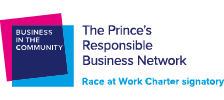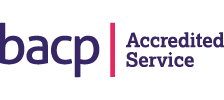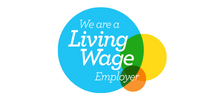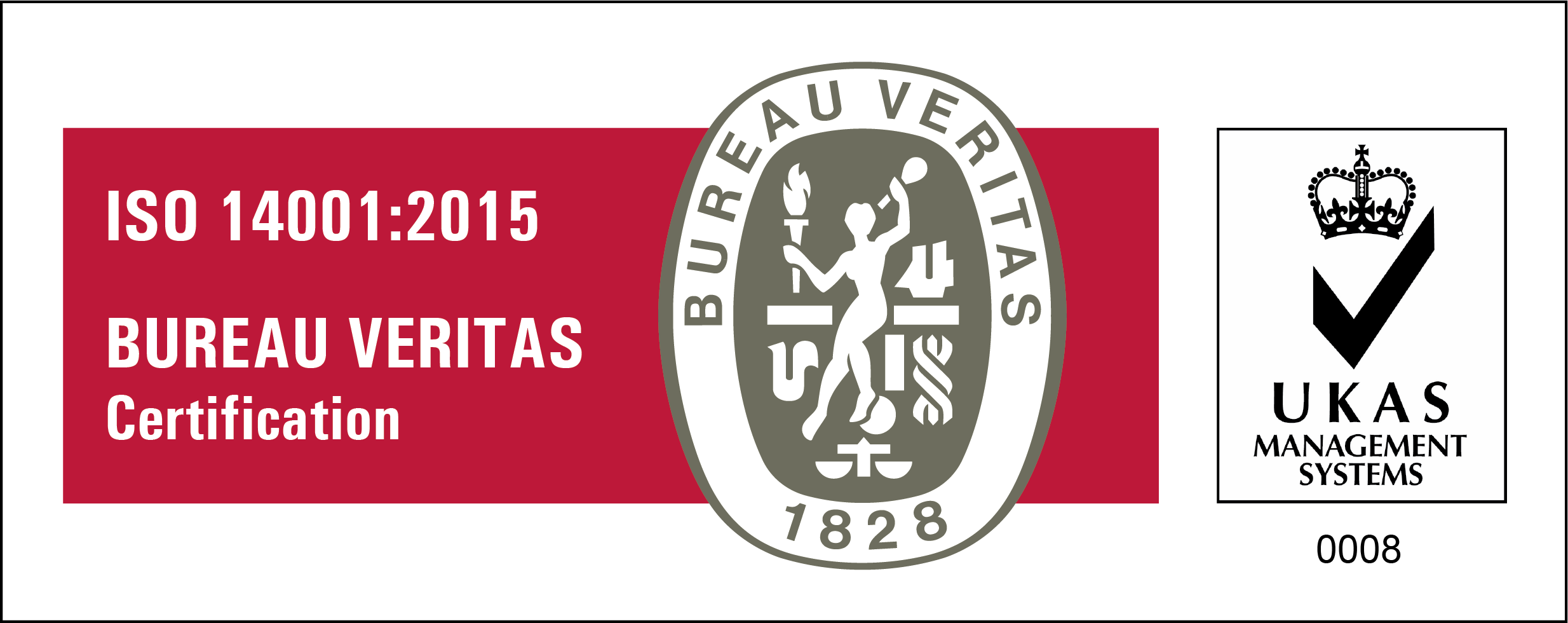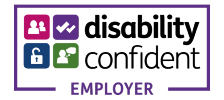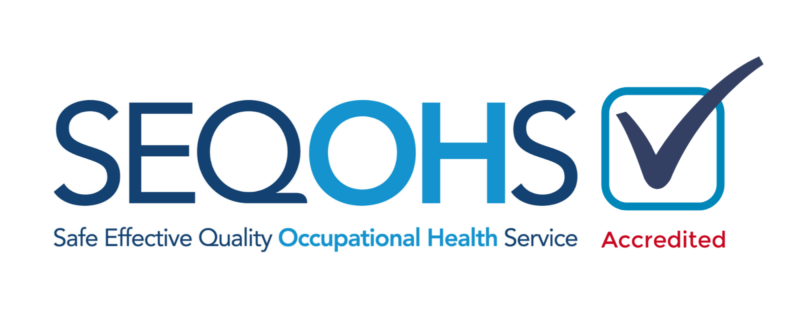Stress Counselling Services
Work-related stress affects employee morale, productivity, engagement and more. All of which can potentially harm your business goals and objectives. Help support your employees with managing it through counselling.
Sign up to our employee assistance programme (EAP). Get access to a wide range of face to face, telephone or online counselling for stress and anger management programmes.
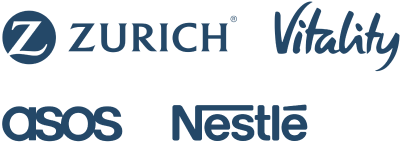
How does counselling help stress?
Stress is part of life, and in small amounts, it can be productive in a working environment. However, high or enduring stress levels can affect day to day life in many difficult ways. They affect relationships, work performance, and lead to panic attacks and/or depression. Stress can also contribute to physical symptoms such as skin disorders, IBS, headaches, and other bodily aches and pains.
Counselling and psychotherapy can help to tackle the root cause of stress and working on ways of managing it. It allows employees to identify the cause of why they feel stressed. Together, the counsellor and employee develop stress management techniques. This helps get your employees back to their full working potential.

Overcoming Stress
Talking is a tried and tested method of overcoming stress, anxiety or depression. Cognitive Behavioural Therapy (CBT) offers employees an outlet for negative thoughts or feelings. This can reduce stress as well as maintain their mental health.
- Reduce mental health-related sickness and absence by as much as 45%
- Reduce staff turnover by as much as 18%
- Boost productivity by as much as 8%
- Reduce costs and expenses by as much as 30%
- Increase in employee self-confidence

Stress and anger management counselling
Stress often leads to anger and frustration. Those who find it difficult to cope with anger issues struggle with stress more than others. Therefore, professionals will combine stress management counselling with anger management.
Uncontrolled anger and passive-aggressive behaviour in the workplace can lead to negative effects. This includes reduced collaborative productivity.
Naturally, you want your employees to all work together in harmony. If employees cannot control their anger problems, they become a disruption.
Counselling for stress at work allows employees to handle pressures better and avoid any anger issues.

Counselling techniques for stress
Backed by brands that trust us
Welsh Ambulance NHS Service Trust has used Health Assured as it’s EAP for the past 2 years and the service has been extremely well received by our staff. We were given support from day 1 with communications, leaflets, manager guides to promote the service which has been very helpful.
Ceri Bryant |Occupational Health and Wellbeing Service Manager




